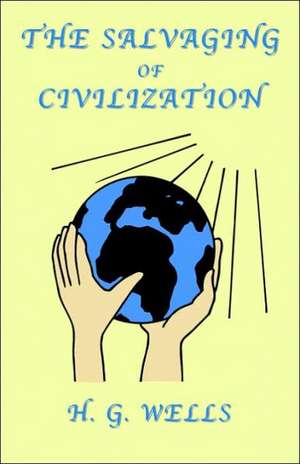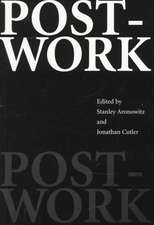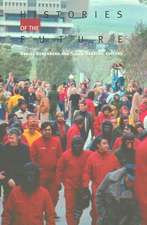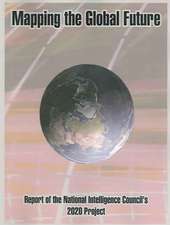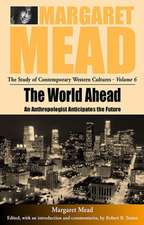The Salvaging of Civilization: A Probable Future of Mankind
Autor H. G. Wellsen Limba Engleză Paperback – 31 aug 2006
Toate formatele și edițiile
| Toate formatele și edițiile | Preț | Express |
|---|---|---|
| Paperback (3) | 47.45 lei 22-36 zile | |
| CreateSpace Independent Publishing Platform – | 47.45 lei 22-36 zile | |
| CREATESPACE – | 47.51 lei 22-36 zile | |
| Book Tree – 31 aug 2006 | 97.09 lei 22-36 zile |
Preț: 97.09 lei
Nou
Puncte Express: 146
Preț estimativ în valută:
18.58€ • 19.45$ • 15.37£
18.58€ • 19.45$ • 15.37£
Carte disponibilă
Livrare economică 17-31 martie
Preluare comenzi: 021 569.72.76
Specificații
ISBN-13: 9781585092741
ISBN-10: 1585092746
Pagini: 204
Dimensiuni: 140 x 216 x 12 mm
Greutate: 0.26 kg
Editura: Book Tree
Locul publicării:United States
ISBN-10: 1585092746
Pagini: 204
Dimensiuni: 140 x 216 x 12 mm
Greutate: 0.26 kg
Editura: Book Tree
Locul publicării:United States
Notă biografică
Herbert George Wells (1866 - 1946)-known as H. G. Wells-was a prolific English writer in many genres, including the novel, history, politics and social commentary, as well as textbooks and rules for war games. Wells is now best remembered for his science fiction novels and is called the father of science fiction, along with Jules Verne and Hugo Gernsback. His most notable science fiction works include The Time Machine (1895), The Island of Doctor Moreau (1896), The Invisible Man (1897) and The War of the Worlds (1898). He was nominated for the Nobel Prize in Literature four times.
